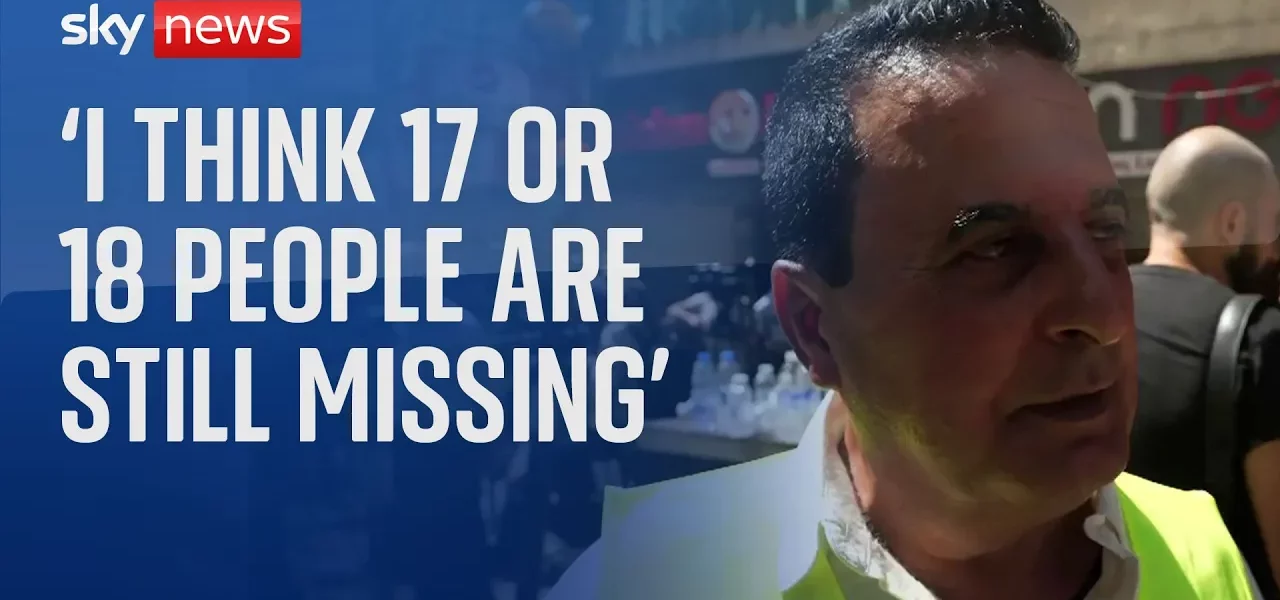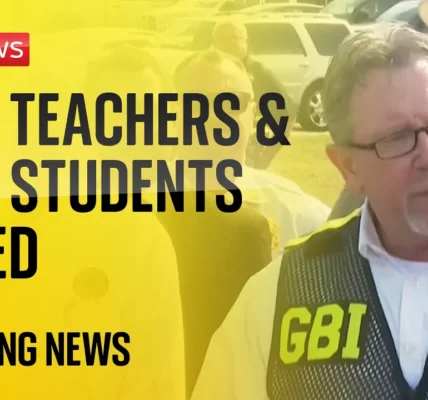Hezbollah Confirms Israeli Air Strike in Beirut Killed Second Top Commander

This article explores the recent Israeli air strike in Beirut, the resulting casualties, and the ongoing rescue operations. As tensions escalate in Lebanon, we provide a detailed account of the situation from the ground.
Introduction
The recent escalation in the conflict between Israel and Hezbollah has led to tragic consequences in Lebanon. An Israeli air strike in Beirut has resulted in the death of a second top commander from Hezbollah, amidst a backdrop of violence and destruction. This article delves into the details of the air strike, the humanitarian crisis that has ensued, and the challenges faced by rescue teams as they navigate the aftermath of the attack.
The Air Strike and Its Impact
The air strike that occurred in Beirut has not only claimed the life of a high-ranking Hezbollah official but has also caused widespread devastation in a civilian area. The aftermath has raised numerous concerns regarding civilian safety and the ethics of military actions in heavily populated neighborhoods.
Casualties and Damage
According to the latest figures released by the Lebanese Health Ministry, the death toll has risen to at least 31 individuals, including three children and seven women. The situation remains fluid, with numerous individuals still unaccounted for.
- Total reported casualties: 31
- Children among the deceased: 3
- Women among the deceased: 7
- Number of missing persons: Approximately 17-18
Local Reactions
The local population’s response has been one of anger and despair. Many residents feel frustrated and helpless as they witness the destruction of their homes and the loss of loved ones. The sentiment in the community reflects a deep-seated grief and a call for accountability regarding the military actions taken in their neighborhoods.
The Rescue Operations
Rescue teams are currently engaged in a challenging operation to locate survivors and recover bodies from the rubble. The scene of destruction is overwhelming, with buildings collapsed and emergency services working tirelessly amid the chaos.
Challenges Faced by Rescue Teams
The challenges encountered by the rescue teams are multifaceted, including:
- Obstruction from onlookers and relatives seeking information about missing loved ones.
- The need for careful removal of rubble to avoid further harm to potential survivors.
- Emotional distress faced by rescue workers due to the high casualty rate.
Statements from Rescue Personnel
Ali Hurri, a member of the rescue team, described the scene as one of utter devastation. He expressed concerns about the likelihood of finding survivors, stating, “I believe all the missing persons are dead.” This grim assessment highlights the severity of the situation and the urgency of the rescue efforts.
Ongoing Tensions and Future Implications
The air strike is part of a broader pattern of military engagement between Israel and Hezbollah, which has seen an increase in hostilities. The implications of these actions extend beyond immediate casualties, impacting regional stability and civilian life in Lebanon.
Community Sentiment
Residents of the affected areas are grappling with the aftermath of the attack. Many express feelings of helplessness and anger at the situation. The impact of the air strike has led to a pervasive sense of loss and uncertainty within the community.
Political Context
Political leaders and analysts are closely monitoring the situation, as the events in Beirut could lead to a significant escalation in military conflict. The international community is urged to pay attention to the humanitarian aspects of the conflict and the pressing need for dialogue to prevent further violence.
Conclusion
The recent Israeli air strike in Beirut has left a devastating mark on the community, resulting in significant loss of life and ongoing rescue efforts. As the situation develops, it is crucial to address both the humanitarian needs of those affected and the broader implications for regional stability. We encourage readers to stay informed about the evolving situation and support humanitarian efforts in Lebanon.
For more updates on this topic, please follow our coverage on the Middle East conflict and its humanitarian impact.
“`




